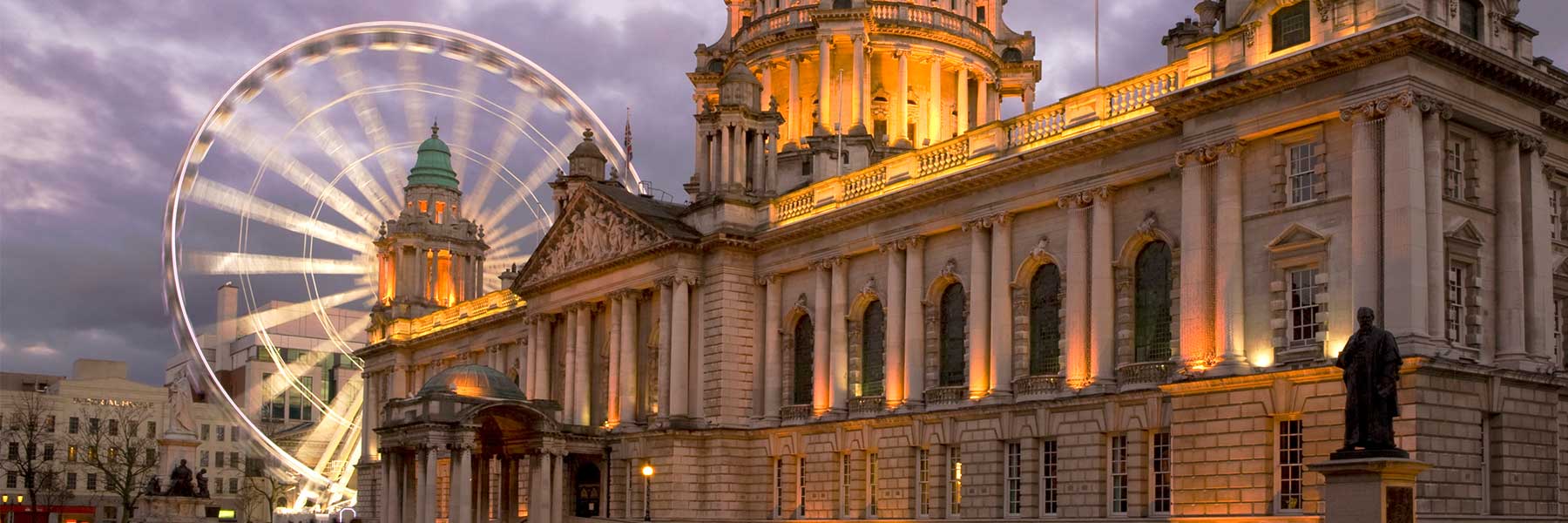While Northern Ireland shares a border with the Republic of Ireland, it is officially part of the United Kingdom and this affects how healthcare in the country is administered. The quality of public healthcare in Northern Ireland generally is good with free medical treatments available to all legal residents.
Public healthcare is provided by Health and Social Care of Northern Ireland (HSC), a branch of the National Health Service (NHS). While the HSC is run separately from the NHS, many of its features are shared. Other medical services are also available to expats willing to pay the high fees associated with private healthcare.


